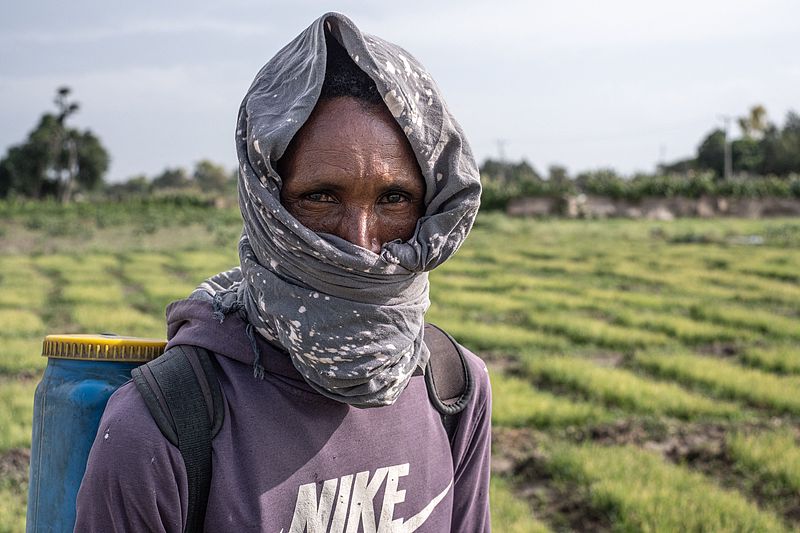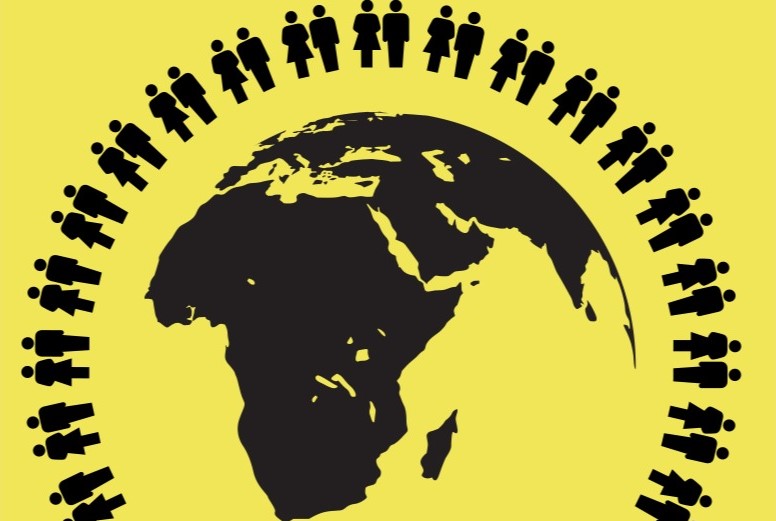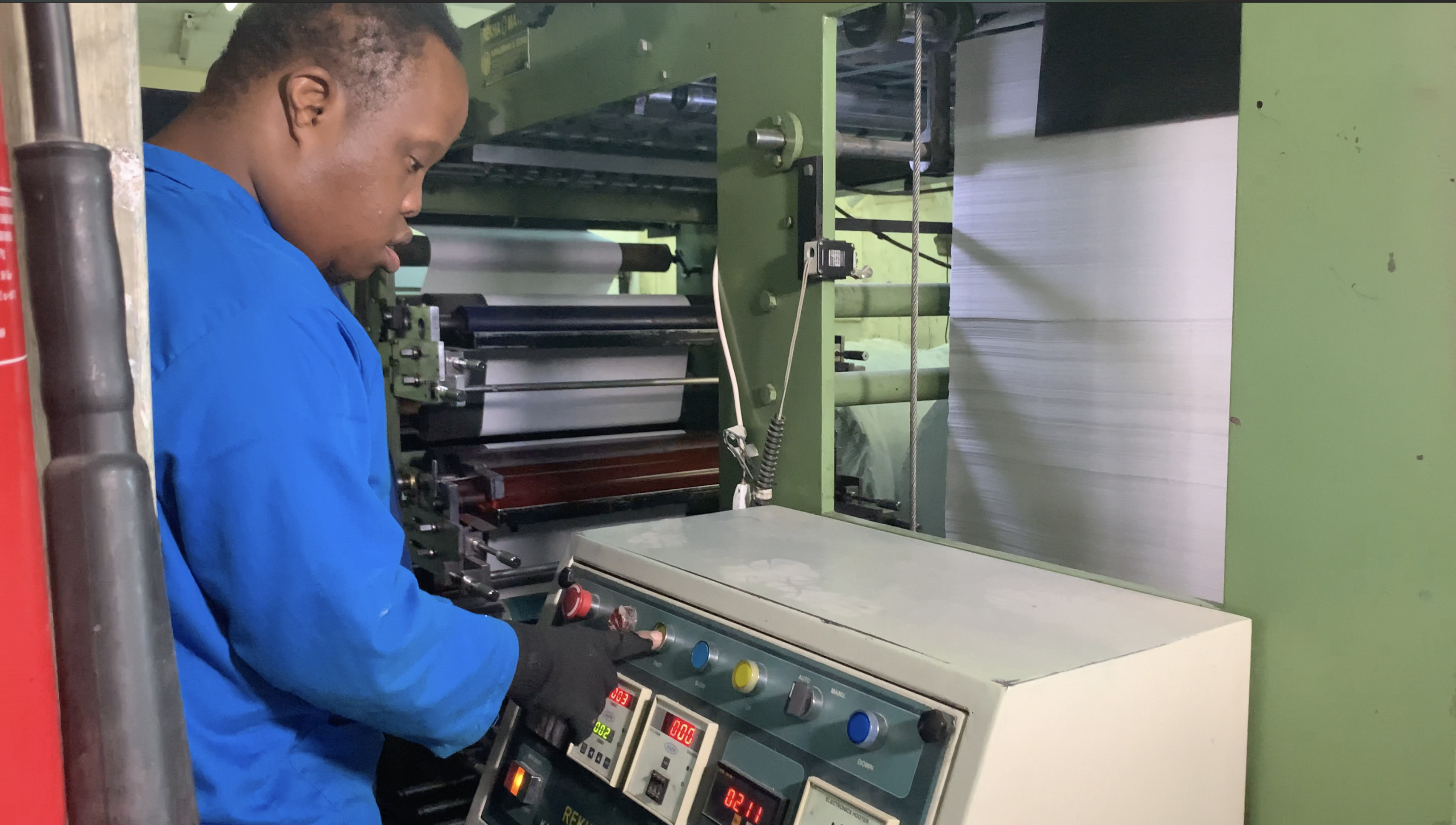
Down syndrome doesn’t stop Kenyan man from thriving
Individuals with Down syndrome face a myriad of challenges. They often lack resources to treat or assist them in their daily routines and support for inclusive education. Sometimes they face discrimination.
Fortunately, one Kenyan man with Down syndrome has a strong network of friends, family members, and co-workers who ensure his days are just as routine as anyone without the condition.
Ivan Kiprono has his fair share of struggles. Down syndrome affects his speech and kept him from completing his education.
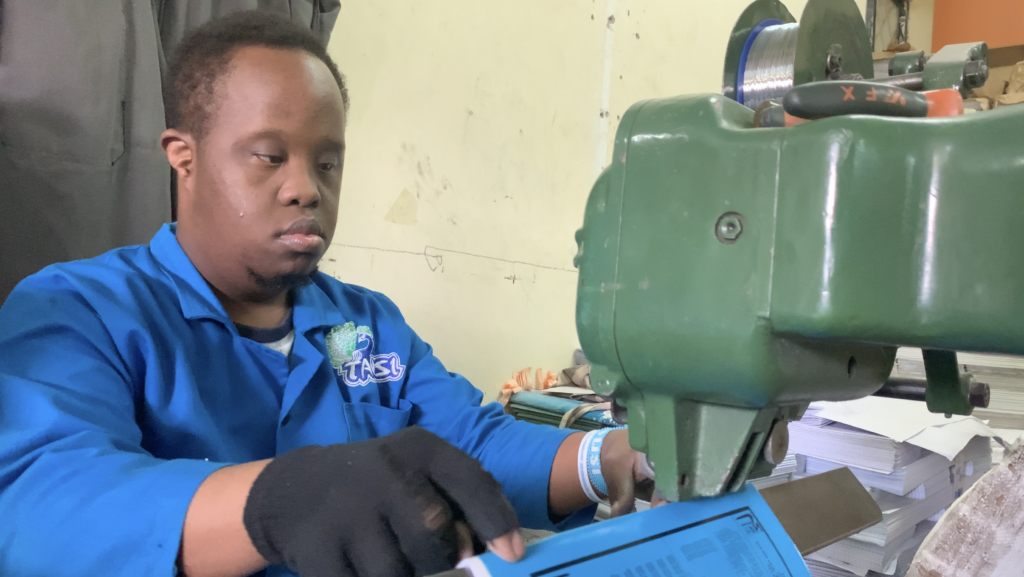
However, his parents accepted the challenge of raising a child with Down syndrome and were determined to see him succeed in life. They enrolled Kiprono in a British System school in Kenya to help develop his talents and cognitive skills.
“We took him to an integrated school. They had a special unit and they made special arrangements for him. He went through the British System although he did not finish because he had a slight problem with his eyesight,” his mother, Eunice Koros, says.
Managing the financial costs associated with caring for a child with Down syndrome can be challenging for families, particularly those with limited access to funds to support their educational needs.
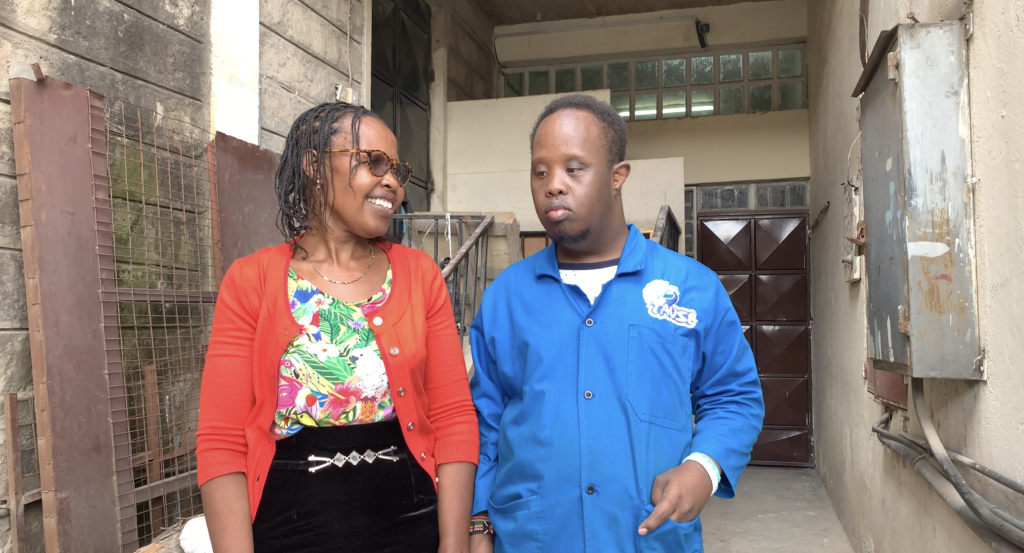
“We are grateful though. Our interest was for him to be able to communicate. that was our major goal and being able to relate well with people, that was attained at school,” said Koros.
Kiprono’s mother also wanted him to secure employment and live independently as he matured into adulthood. Through coincidence or luck, Koros and her husband started a company that manufactures book covers just as Ivan was ready to enter the workforce. Working in the family business helped Kiprono integrate into a work environment. He now works at the factory with his parents and an older sibling.
While at the factory, he handles saddle stitch staplers. The machines add staples into the spines of folded materials like booklets and brochures. It is a task that has helped him to learn new skills and acquire the necessary experience as he matures.
“Being a family business, instead of staying in the house, we encouraged him to come and do something. So, he started like that, just coming, folding. But he’s very interested in doing things also. So, he learned and then graduated into operating a stitching machine just by observing. I would add that, sensitizing the employees to take him for who he is has also helped quite a lot.”
Kiprono is treated like everyone else. He earns a salary and is free to do whatever he wants with his earnings. However, his parents advise him on financial matters and invest part of his income in shares and other farming activities, including a beekeeping operation on the family’s farm.
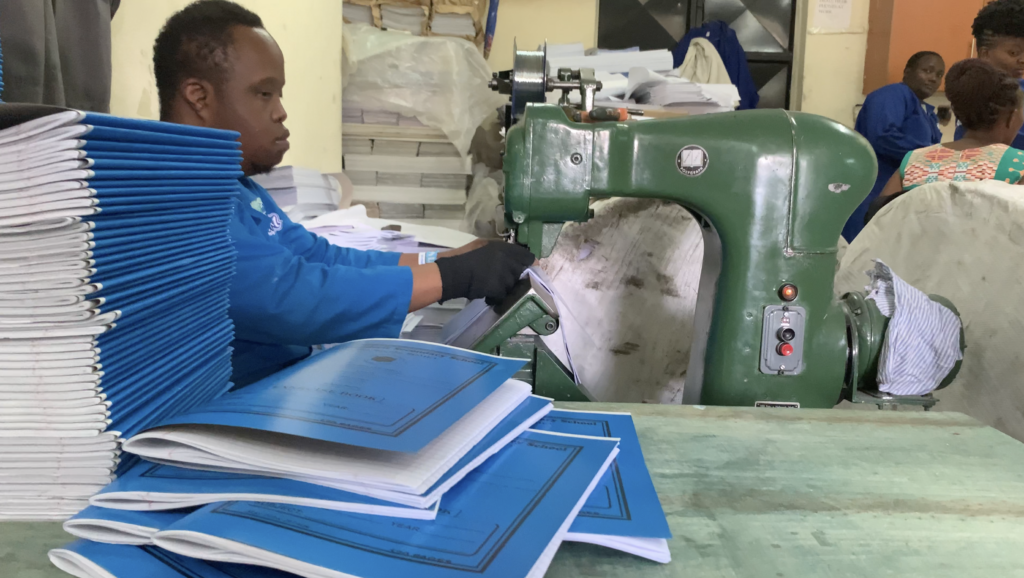
But the factory job, according to him, is very satisfying. Kiprono says he interacts with his co-workers, something that would not be possible if he remained indoors.
According to the United Nations, advocacy for the rights of individuals with disabilities, including Down syndrome, is essential to address some of the roadblocks they face and promote equality and inclusion.
Kiprono’s parents are happy that their son has embraced various tasks and responsibilities at work just like they wished for him as he was growing up.
Eunice Koros has a word of encouragement to parents and caregivers in the same situation.
“What I would tell parents is that let them be. Treat them as any other child and you will see those talents coming out, because in most cases, we’ve taken disability like inability.”



